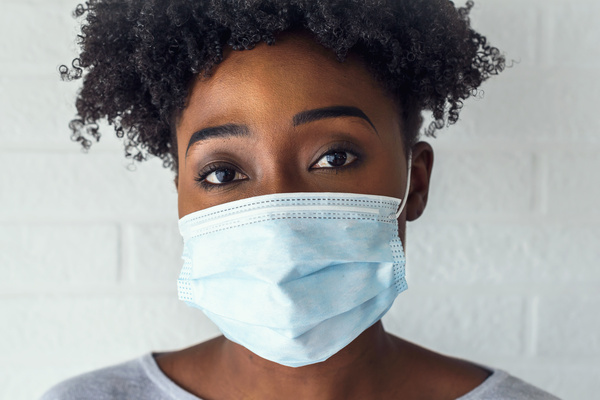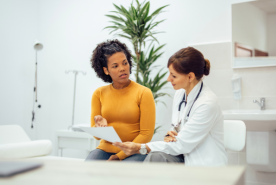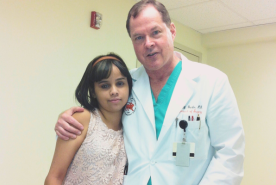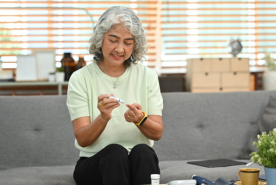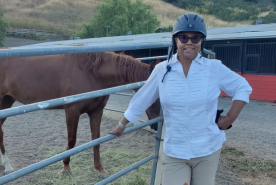March 09, 2021
Kidney disease and COVID-19 do not go well together.
Since the coronavirus arrived in the United States, people with kidney failure, either on dialysis or with a transplant, have had a disproportionately high rate of hospitalization for COVID-19 among all people on Medicare.
Should I get the vaccine?
Most doctors agree that the benefits of the COVID-19 vaccine for people with kidney disease at any stage, including those on dialysis and those with a kidney transplant, are much greater than the risk of serious complications from the virus than from the vaccine.
Dialysis patients who contract COVID-19 are at extremely high risk of short-term mortality, possibly higher than 20 percent.
The National Kidney Foundation, American Society of Nephrology, and American Society of Transplantation all recommend that people with kidney disease or kidney transplant be vaccinated for COVID-19.
Vaccines are one of the most effective tools to protect your health and prevent disease. Vaccines work with your body’s natural defenses so your body will be ready to fight a virus if you are exposed (also called immunity).
Studies show that COVID-19 vaccines are very effective at keeping you from getting COVID-19. Experts also think that getting a COVID-19 vaccine may reduce the chance of serious illness if you still contract the virus.
Stick to the facts, not myths
Despite what you may have seen from unreliable sources:
- The COVID-19 vaccine cannot make you sick with COVID-19;
- Natural immunity created by contracting COVID-19 may not last very long, so even if you have had the virus, you should still get a vaccine; and
- All vaccines currently available in the United States for adults do not change or interact with your DNA in any way.
What else should I do?
Follow all guidelines to avoid COVID-19 and speak to your doctor about those measures and the vaccine. The U.S. Centers for Disease Control and Prevention (CDC) posted the following guidelines for all people:
- Minimize the chance of exposure. Avoiding gatherings of people and practicing social distancing can help reduce the chances of exposure to the virus. Make sure to comply with any orders your state has issued about sheltering in place or staying at home.
- Promote the use of everyday preventive actions. Clean your hands, cover coughs and sneezes, and follow recommendations or local or state orders for wearing masks to reduce the spread of infection.
- Protect high-risk populations. Certain groups of people have a higher risk of developing serious illness from COVID-19. To keep our families and communities safe and healthy, it is important to take steps to protect older adults, people with underlying health conditions, people facing homelessness, incarcerated or detained people, and people who work in healthcare or other critical infrastructure jobs.
To learn more
Watch kidney patients talk about the vaccine.
Learn more about preventing COVID-19.
